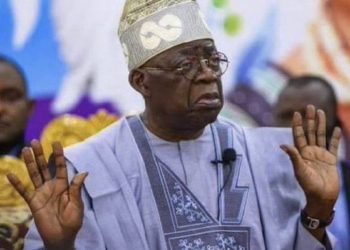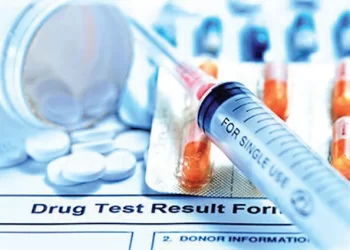Definitely, there is urgent need for governments in the nation to declare an emergency in public infrastructural development
The recent disclosure by the Minister of Finance and Coordinating Minister of the Economy, Dr. Ngozi Okonjo-Iweala that the nation needs US$ 8 billion annually to bridge the huge gap in the nation’s public infrastructure, and was keen on private partnership to meet the need hardly comes as a surprise. Speaking at the Public Private Partnership (PPP) stakeholders’ workshop organized by the African Development Bank (ADB), in Abuja, Okonjo-Iweala said: “To fund infrastructure, Nigeria needs about $14billion every year, out of which $10 billion should come from the federal level…currently the country’s spending on infrastructure is about $6 billion. So there is a big gap that needs to be filled. We are talking about something in the region of $8 billion. That is why PPPs are very important to Nigeria at the moment.”
It was quite obvious that the country would come to this crisis point. For several decades, the federal and state governments’ budgets for capital expenditure have been declining while recurrent expenditure has been on the rise. The average government budget for capital expenditure has been about 25 percent. This has translated into less investment in building and maintenance of public infrastructure. In fact, to say that the various administrations from the military era till date have not given adequate attention to the development of infrastructure in the country is an understatement. Large decibels of public outcry for government to cut recurrent expenditure to free funds for infrastructural development, especially by reducing the cost of governance by, for instance, implementing the Oronsaye Report, fell on deaf ears.
At the moment, the nation’s infrastructure is grossly underdeveloped. Only 18 percent of the nation’s 197,000 kilometres of federal roads network which takes 90 percent of persons across the country is paved. The situation is worse for state and local government roads. The problem of the roads is worsened by poor maintenance. The situation in public power generation and supply is still abysmal. The country currently generates only about 4000 MW of power which is less than 50 percent of demand. 86 percent of firms in the country still depend on diesel powered electricity generation sets to power 61 percent of their power needs, even after the privatization of the power sector. The high cost of power generation forced on organizations by the inadequate public power supply has resulted in high cost of production which has made Nigerian goods uncompetitive. Firms that could not cope have closed shop while many have relocated to neighboring countries with stable power supply.
As at 2010, only 4 percent of the populace had access to piped water despite the danger of this deficiency to public health. It’s a shame that piped water which was available in most urban centres in the 1960s without much petro dollars has given way to private unsanitary wells and boreholes where impure water is sold to the public. Rail and water transportation remain largely undeveloped. Apart from the Abeokuta-Itakpe rail link that has modern standard gauge, much of the nation’s railway tracks are the old narrow gauge built by the colonial masters. The nation’s aviation infrastructure can also do with extensive upgrade.
Definitely, there is urgent need for governments in the nation to declare an emergency in public infrastructural development. Government is not unaware of the challenge as indicated by the Finance Minister. She was optimistic that government will utilize Private Public Partnerships (PPP) to bridge the huge annual funding gap in development of the nation’s infrastructure. The PPP initiative is a good idea which some countries have used to their advantage. But is the federal government’s optimism justified given the frosty and contentious outcome of its PPP involvements in infrastructural developments in the country in recent times which some of the private partners accused government of breech of contract? A case in point is Bi- Courtney that developed the Murtala Mohammed International Airport Terminal 2, Lagos under PPP arrangement. The same company won the concession for construction of the Lagos-Ibadan Expressway which was terminated in controversial circumstances which case is still in court. Virgin Atlantic Airline also pulled out of its partnership deal with the federal government amidst unsavory allegations. The finance minister has blamed the Private partners for failure of the past PPP initiatives by maximizing their profit and leaving the country to bear the risk alone. This belated complaint is in our view an unacceptable admittance of failure. What do we make out of this except that the Infrastructure Concessioning Regulatory Commission (ICRC) which was established to guide the government aright over PPP matters has failed repeatedly in its duties?
We urge the government to be more circumspect in its PPP involvements and respect the spirit and letter of the agreements with the partners in the initiative to engender mutual trust and encourage unfettered inflow of funds to for nation’s infrastructural development. Government and indeed all Nigerians must imbibe the maintenance culture to prolong the lifespan of public infrastructure and ensure that viable projects initiated but not completed by one administration are completed by the next government to avoid waste.













































